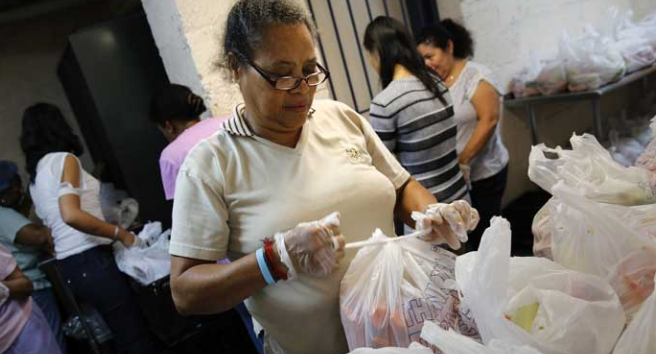Charity, a fundamental aspect of human nature, encompasses various forms of giving and acts of kindness. Understanding the different types of charity can help individuals identify areas where they can contribute and make a positive impact. In this article, we will explore the four types of charity: financial charity, material charity, time charity, and knowledge charity. By delving into each type, we can gain a deeper understanding of the diverse ways in which charity can be practiced.
Body:
- Financial Charity: Financial charity, also known as monetary charity, involves providing financial assistance to individuals or organizations in need. This type of charity includes donating money to charitable organizations, contributing to fundraising campaigns, or supporting specific causes. Financial charity enables organizations to address societal issues, invest in projects, and provide direct assistance to those in need. It plays a vital role in supporting initiatives related to poverty alleviation, education, healthcare, disaster relief, and various social causes.
- Material Charity: Material charity refers to the act of donating physical goods or resources to individuals or organizations in need. It involves giving tangible items such as clothing, food, household supplies, or essential goods. Material charity can take the form of donating to local shelters, food banks, orphanages, or participating in community drives. This type of charity directly addresses immediate needs and ensures that individuals have access to basic necessities, contributing to their overall well-being.

- Time Charity: Time charity involves volunteering one's time and skills to support individuals or organizations in need. It is a selfless act of giving one's time, expertise, or labor to contribute to a cause.Way of Good. Time charity can take many forms, including volunteering at community centers, mentoring youth, participating in cleanup campaigns, organizing events for charitable organizations, or offering professional services pro bono. By dedicating their time, individuals actively engage in making a difference and creating positive change in their communities.
- Knowledge Charity: Knowledge charity encompasses the sharing of knowledge, expertise, and education to empower individuals and communities. It involves teaching, mentoring, or providing educational resources to those who lack access to information or opportunities. Knowledge charity can include tutoring underprivileged students, conducting workshops on various topics, providing training to enhance employability, or mentoring aspiring professionals. By sharing knowledge, individuals can help others acquire skills, gain confidence, and create better futures for themselves.
Importance of Understanding the Four Types of Charity:
Understanding the four types of charity is crucial as it enables individuals to identify the areas where they can contribute and make a meaningful impact. It allows people to align their resources, skills, and time with the specific needs of others. By recognizing the diverse ways in which charity can be practiced, individuals can choose the type of charity that resonates with them the most, aligns with their abilities, and addresses the issues they are passionate about.
Moreover, by understanding the different types of charity, individuals can engage in a holistic approach to giving. They can combine financial charity with volunteering their time, donating material goods, or sharing knowledge, thereby maximizing their impact and contributing to positive and sustainable change.
Conclusion: Charity encompasses various forms of giving, and understanding the four types of charity—financial charity, material charity, time charity, and knowledge charity—provides a comprehensive framework for individuals to contribute and make a difference. Each type of charity offers unique opportunities to support others, address societal issues, and create positive change. By embracing all four types of charity, individuals can engage in a holistic approach to giving and work towards building a more compassionate, inclusive, and supportive world.